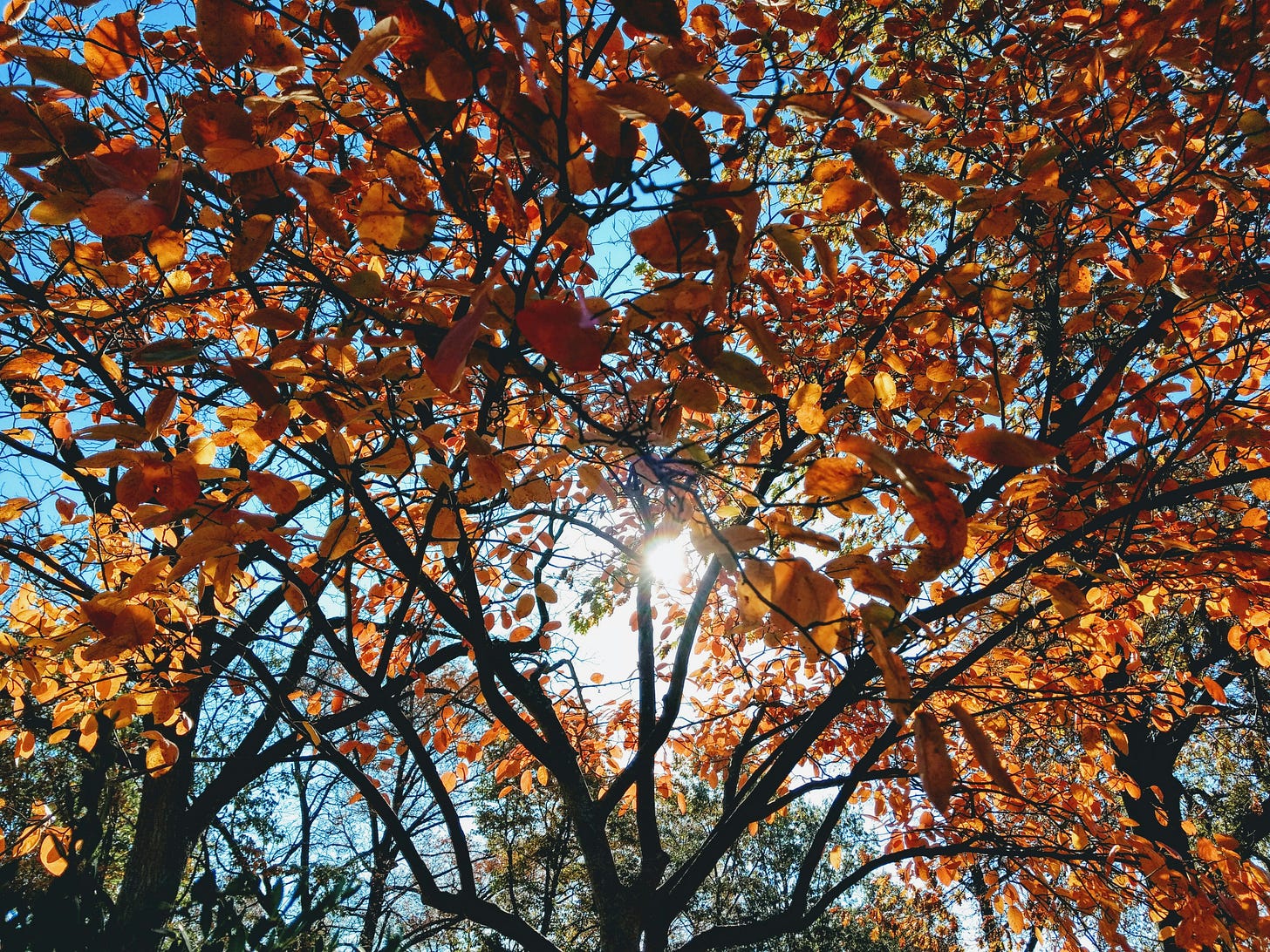I'm experimenting with a new phrase that helps me change how I see life.
"These things happen."
The disappointments, the interruptions, the confusion, the mistakes, the letdowns.
A project gets derailed. A meeting goes south. A kid doesn’t want to do chores. A drink spills. A social gathering gets canceled. Another driver backs into your parked car. “Ugh. Seriously?!” The heavy sighs roll in, the resentment builds, and the mental state begins to slink.
"These things happen" is a way to practice acceptance.
I can resist reality, pushing back on things I wish weren't true as if my resistance could undo the trajectory of things I didn’t have control over in the first place. If you’re like me, you can spend a lot of energy trying to wish for something different, spinning up arguments in your mind about why it isn’t fair, it’s bad timing, and it’s not what was supposed to happen.
“These things happen" reminds me that—in fact—disappointments, interruptions, confusion, mistakes, and letdowns do happen. And when I see them as part of a normal experience, something to be expected at a certain level, that they are part of the story and not entirely foreign to the human experience—then I’m living in a whole new way.
From this place of acceptance, I maintain my autonomy to choose how I engage with the challenges, rather than spinning out of control or falling into a trap of frustration, entitlement, or disgust. In fits and starts, I’m trying to remember…“these things happen.”
This is not to say we should say learn to accept (as in, condone or settle for) injustice, abuse, marginalization, exclusion, or hate. We do need to name those things, accept that they are part of our reality, and then actively work to undo them and create a new reality in the future— to make "what could be" real.
Imagine an interstellar traveler arrives on Earth one September. At first, the being notices the predominance of full, green trees all around the planet.
Come October, the leaves began to change. At first, every so slowly and then in relatively rapid succession, they erupt into brilliant hues of red, yellow, and orange.
Finally, in November, the leaves on most trees lose their vibrancy and turn dull, colors fading to brown and they all fall to the ground.
Billions of trees, trillions and trillions of dropped leaves. They stand silently, stark and barren. Any sense of aliveness is seemingly stripped away.
In just 3 months, our space traveler has gone from appreciation to awe, from awe to concern, and from concern to sadness.
"Are they dying? What's wrong with the trees? Is it a disease? Why is this happening? Can we get them back? How do we stop it?"
Patiently, you respond. "This is the cycle, a universal cycle in fact. Life, death, and then rebirth. I wonder what you’ve seen or experienced that follows the same flow in your corner of the universe. What you see here, now, is just a part of this cycle and not the end.
It looks like the trees have lost all of their vitality, but indeed, this is the wisest thing they could do. They have shed what would be a burden during the windy, snowy months. But they also know they have shed what they can recreate. Re-create, to literally create again. They can and will regrow their leaves in due time, in the right season, and thus continue on in a brilliant cycle of life here on Earth."
Why do the leaves fall?
These things happen.
They aren't a distraction from the story.
They are part of the story itself.
All photos, except the first, were taken by me on a Pixel 6.
This dispatch was written to music, including the song “Working from a Park Bench” by Lullatone, from the 2017 album Thinking About Thursdays.














